The Flow book summary (lean software development part 1)
A few weeks ago, I read The principles of product development flow from Donald G. Reinertsen.
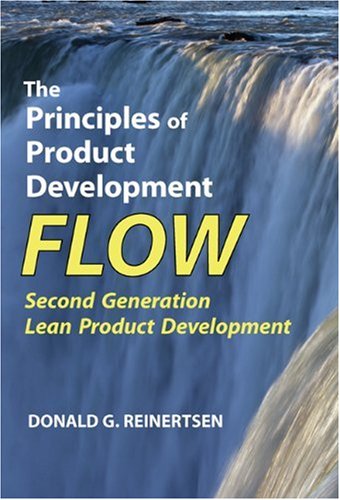
I read it both for work and for my side projects, and I think it will be useful for both. The book is about lean product development, and is in fact a collection of 175 lean principles that one can study and understand in order to make better decisions when developing new products. The principles are divided into the following 8 categories
- Economics
- Queues
- Variability
- Batch sise
- WIP constraints
- Cadence, synchronization and flow control
- Fast feedback
- Decentralized control
I really loved the book. I have not been thrilled like that by a book since Kent Beck’s 1st edition of Extreme Programming Explained. Where Kent Beck described some values, principles and practices that work. D.G. Reinertsen has the ambition to help us to quantify these practices in order not move from belief based to fact based decisions. For this, he gives us the keys to creating an economical framework with which we should be able to convert any change option to its economical cost
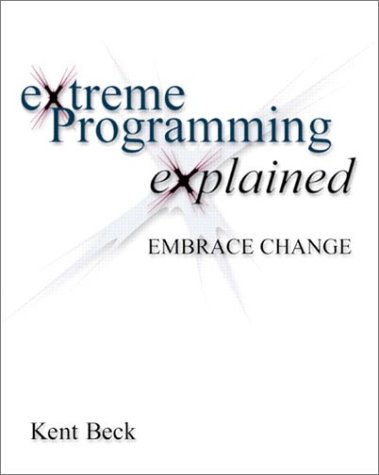
Lately, I’ve been thinking of an economical framework of my own, that I could use on the projects I am currently involved in. This post is the first of a series about this :
- The Flow book summary
- Why eXtreme Programming works ?
- How to measure your speed with your business value ?
- Measure the business value of your spikes and take high payoff risks
- What optimization should we work on ?
- You don’t have to ask your boss for a fast build
- A Plan for Technical Debt
- How I’ll Measure the Lean Startup Value of Information in My Next Side Project
- My Dream Lean Software Development Tool
Next part will feature an explanation of the XP practices with the lean principles. Stay tuned.
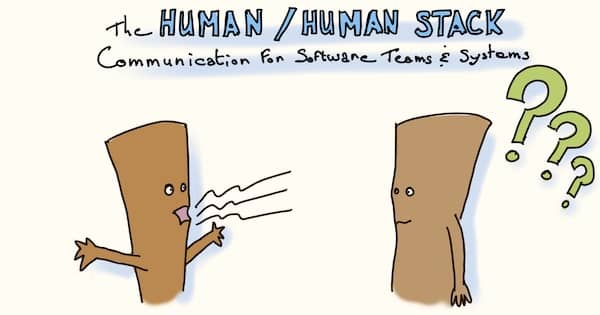
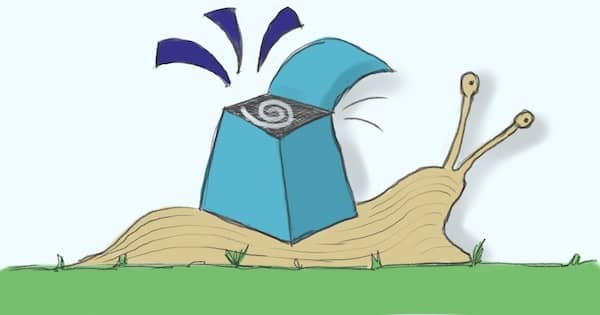
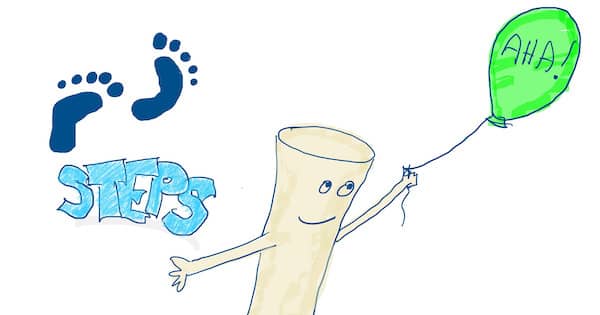

Leave a comment